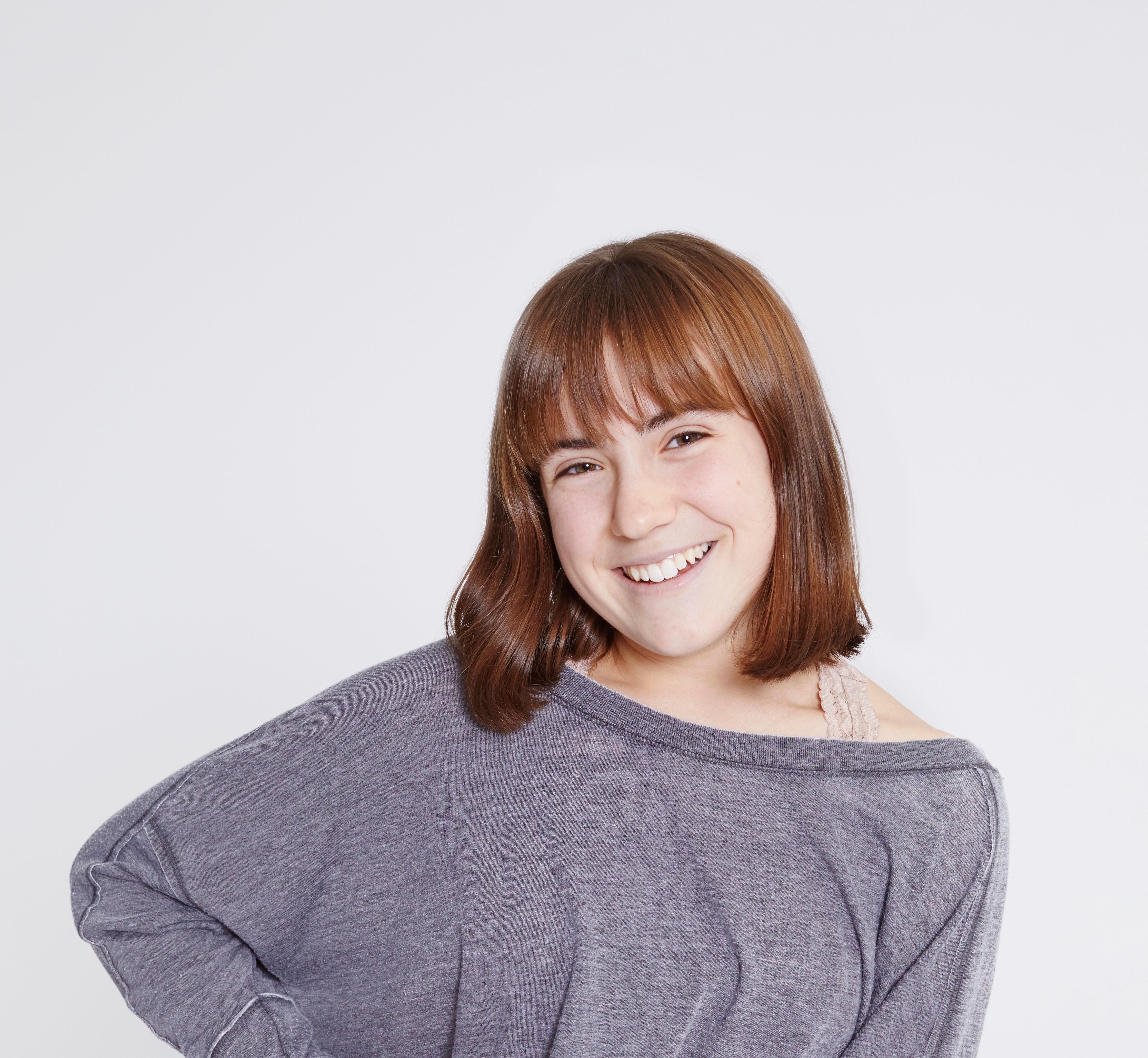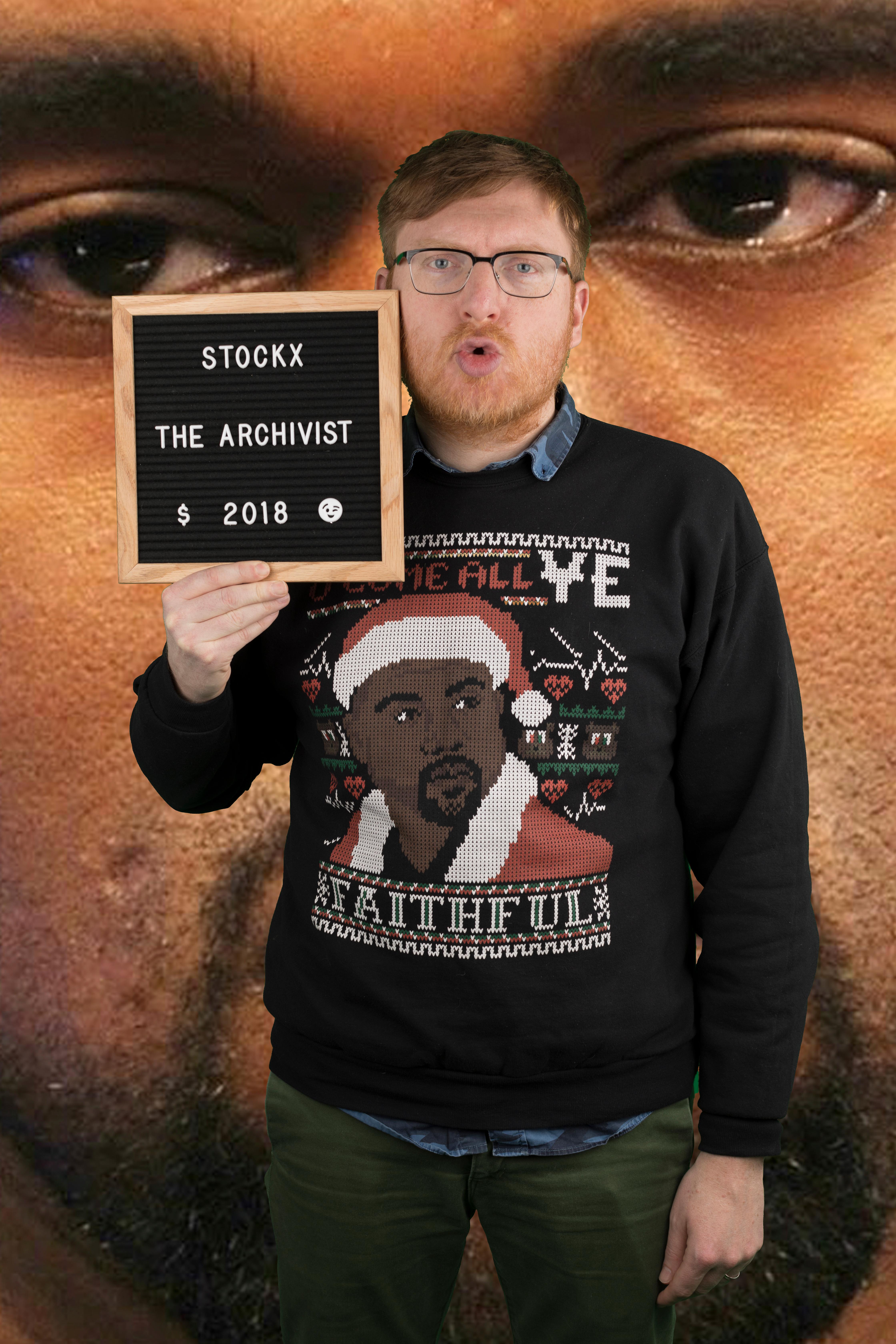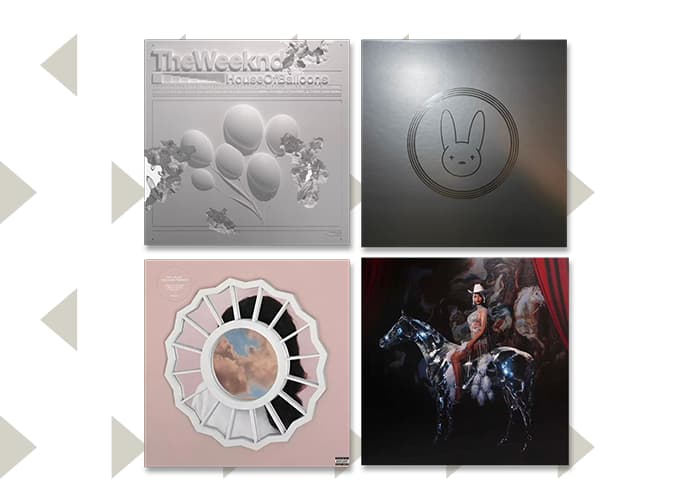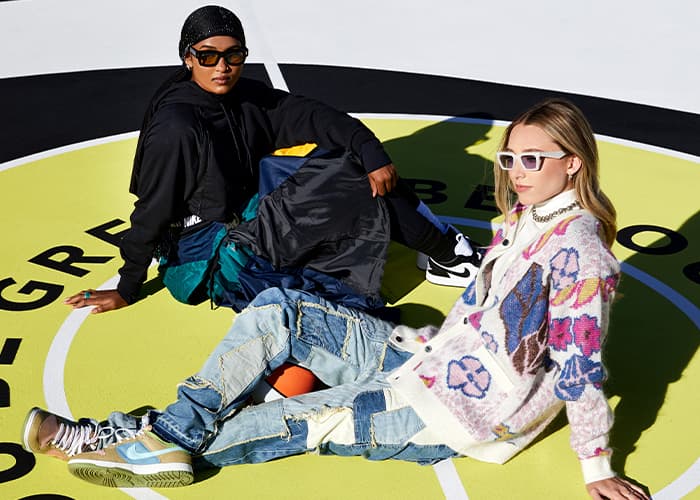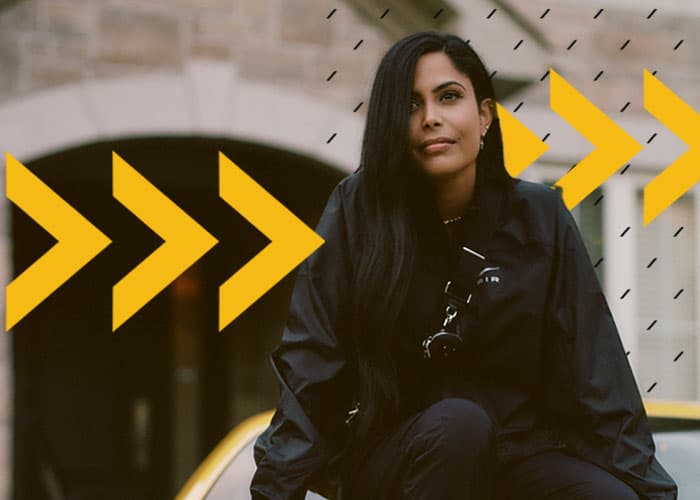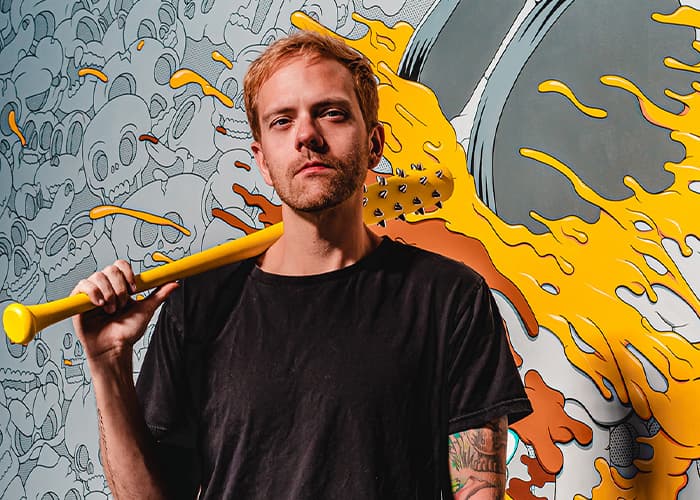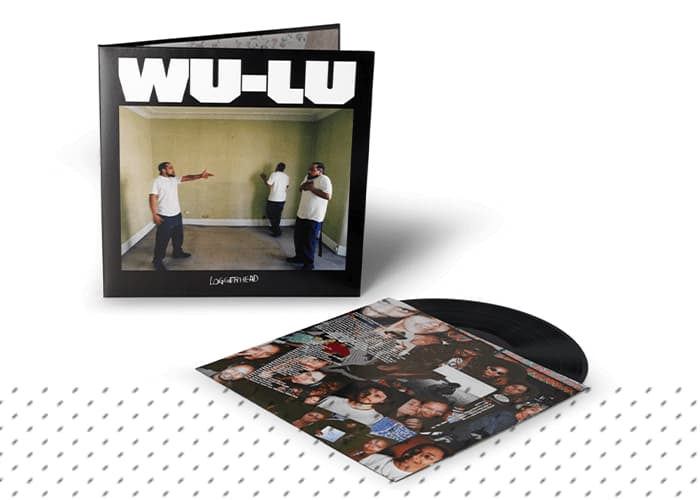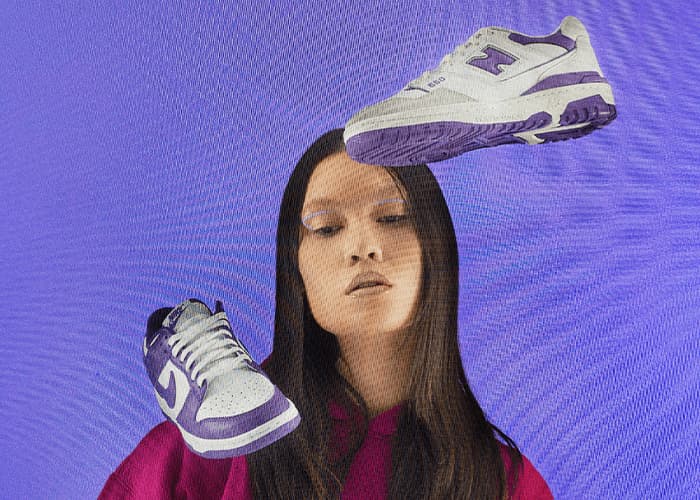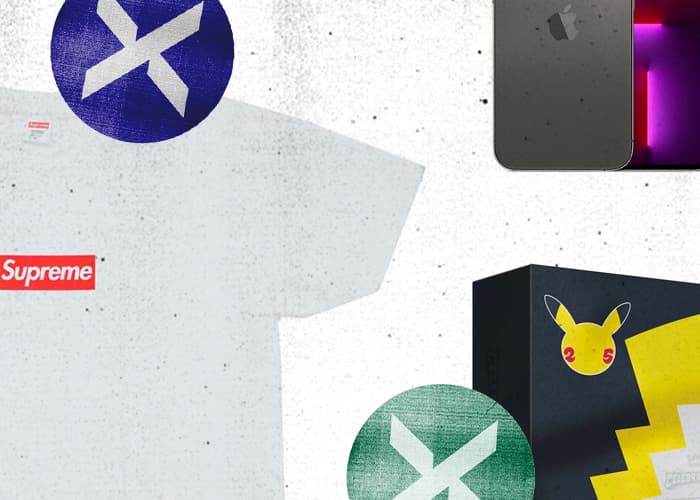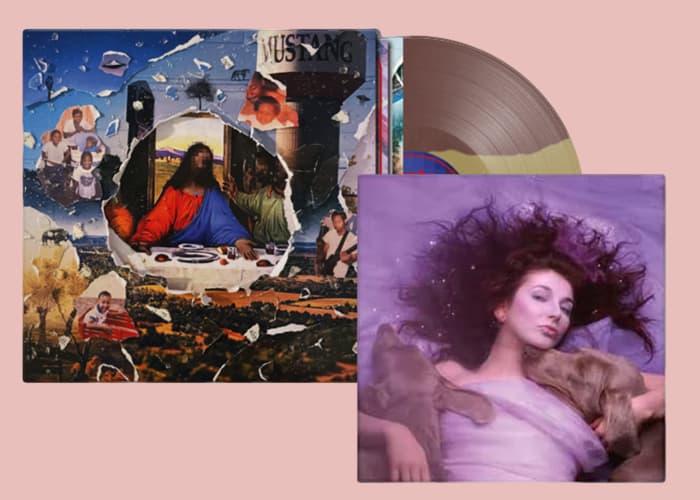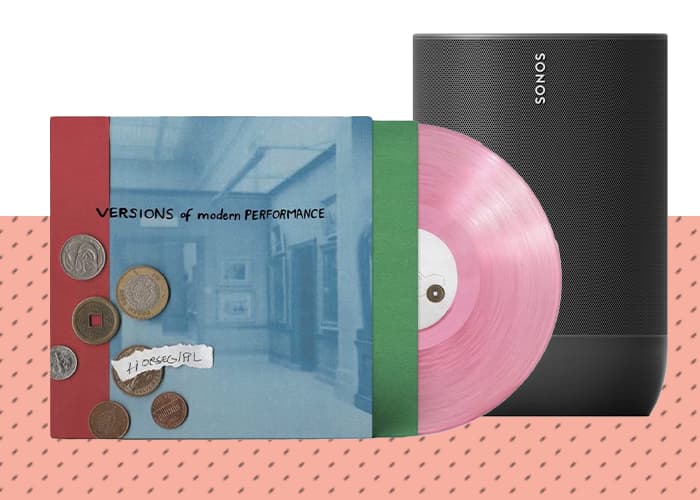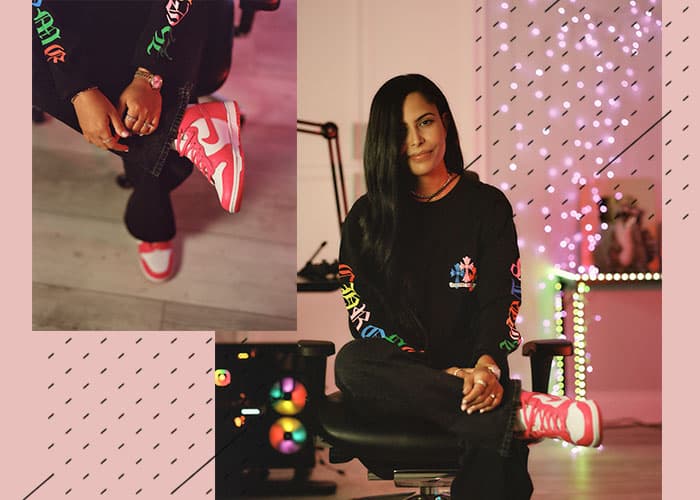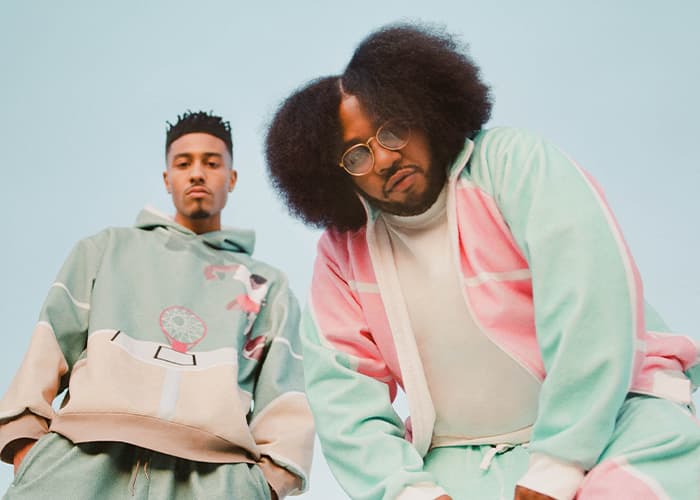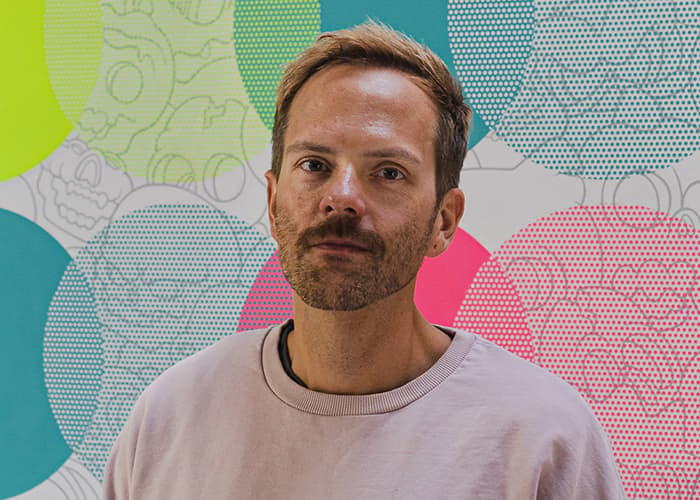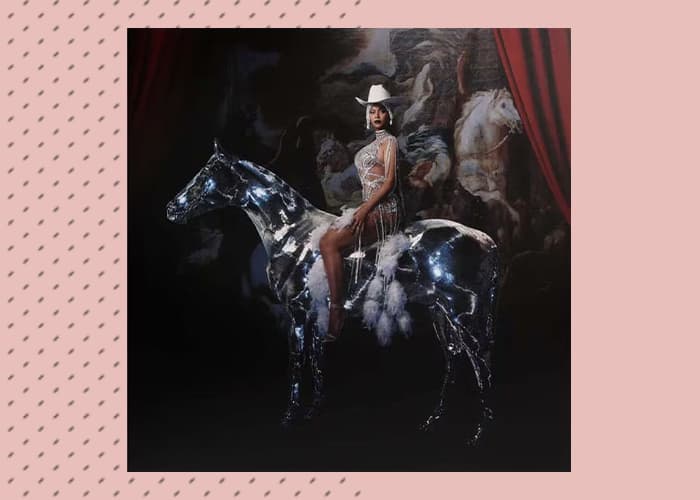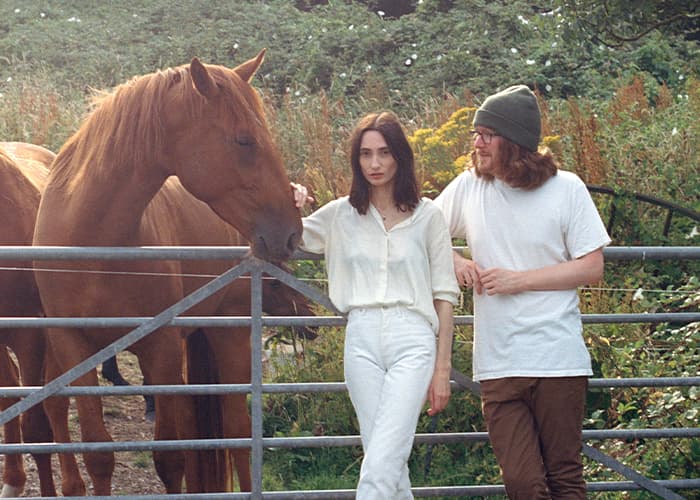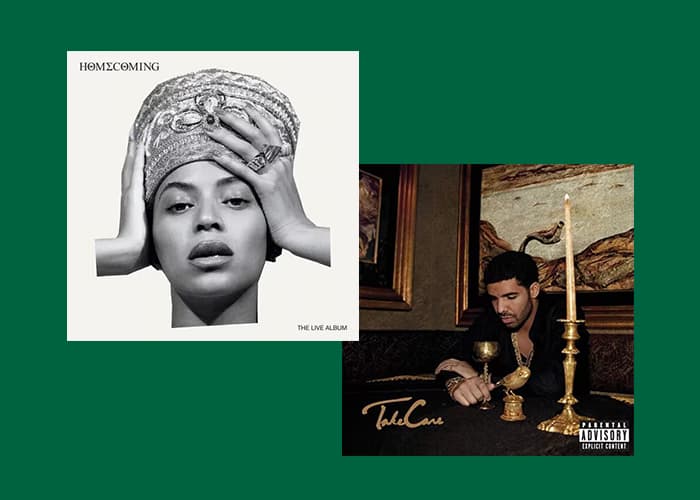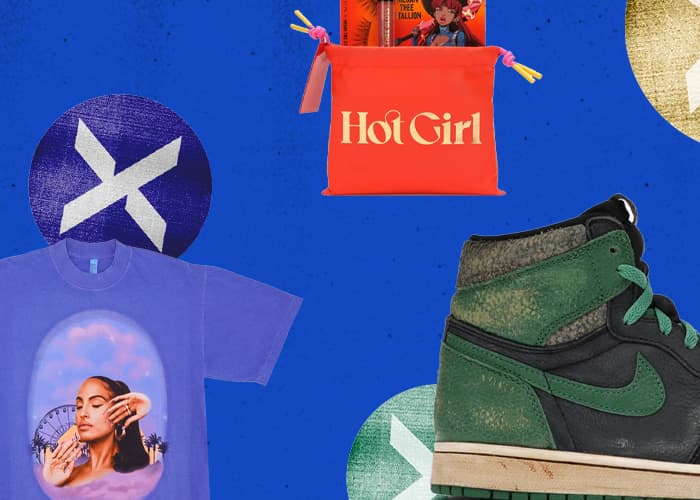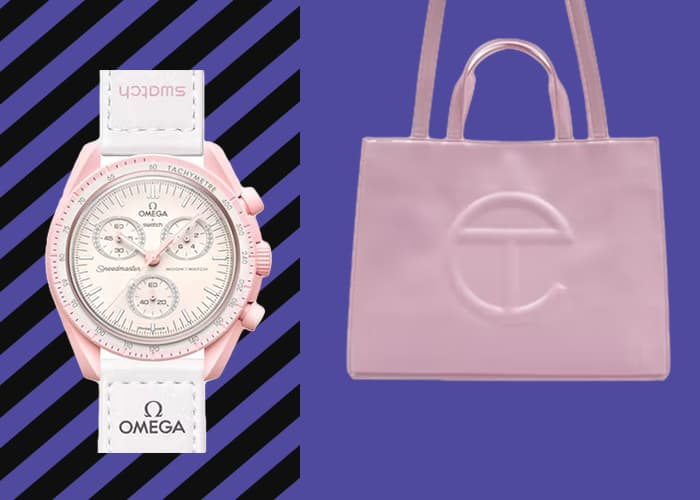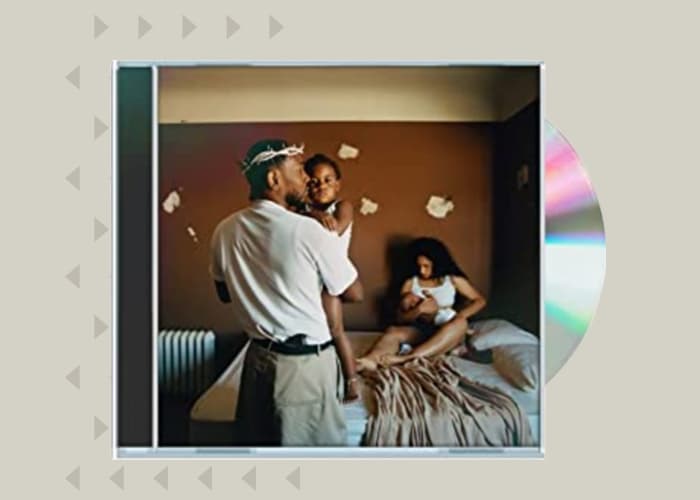
Kode with Klossy programs provide the opportunity for young women across the country, ages 13-18, to attend free two-week bootcamps that introduce them to key computer science concepts and skills. Kode with Klossy scholars collaborate with each other and explore the limitless potential of code and computer science.
We interviewed the three Kode with Klossy scholars responsible for some fire holiday picks, River Pease, Lizzie High, and Lydia Tan, for three special Kode with Klossy editions of “That’s 5.”
The following interview has been lightly edited.
What first sparked your interest in learning how to code?
When I was about six years old, my dad started bringing home old phones from his office that he let me play with. Since then, I’ve been fascinated with technology, but it wasn’t until a few years later that I was introduced to computer programming. In computer class in the third grade, I stumbled on a website about this thing called coding. I had no idea what it was, but I began to play around with it and was immediately hooked. The possibilities were endless, and I had discovered a world of infinite creativity with a few simple clicks.
How did you get involved with KWK?
After picking me up from school one day in eighth grade, my mom started to talk about a podcast she had listened to that featured a woman named Karlie Kloss. It was all about a coding camp for young girls, and before my mom even finished I was filling out the application online.
What is most exciting about being a KWK Scholar?
Being a Kode With Klossy scholar has not only taught me so much about technology and coding, but it has provided me with a community of strong, empowered women that I can lean on if I ever feel lost or rejected in the STEM world. The most exciting part of being a scholar is keeping in touch with my fellow KWK alums and watching them as they grow and thrive in their lives. We encourage and support one another in all of our accomplishments, and being a scholar for Kode With Klossy is like joining a team without any competition. There’s no jealousy or envy between us, rather it’s a group of talented young women inspiring each other. This is something I would never give up.
What’s a misconception about learning to code you’d like to change?
One misconception about learning to code that I’d like to change is the idea that you have to be a certain “type” of person to learn how to program. You have to be a math and science genius and awkward in any social situation. Whether this is because of media portrayal or not, society has put this image of a coder as a social misfit in everyone’s minds.
I want to challenge this idea to open up the field of computer science to any and all kinds of people with any and all kinds of ideas. Because of Kode with Klossy, I have been inspired to challenge this misconception about computer coding and have started a code club at my school where we promote the fact that everyone can learn how to code, whether or not you fit the computer coder stereotype.
What would be your dream project?
If I could work on any project in the world, it would be to develop a digital program to aid those who suffer from anxiety, depression, or other mental illness. Online support for mental health is almost nonexistent, and the support that’s offline costs thousands of dollars a year. Seeing a professional isn’t plausible for many, and being able to provide an affordable online service to millions that could potentially help them cope with a mental illness has always been a dream of mine.


